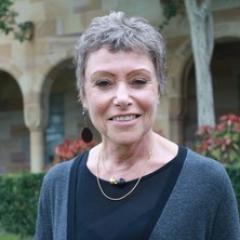Studies of active matter with Janus particles
Project Duration: 6 weeks
Hours of Engagement: 36
Project Description:
The study of microscopic particles in suspension has had tremendous impact on science and engineering. Their thermal Brownian motion was the central experiment one hundred years ago that convinced scientists of the existence of atoms. Now, the investigation of their properties underlies our understanding and engineering of soft matter systems, such as polymers, gels, liquid crystals, and biological materials. These systems have been extensively studied. Studies of self-propelling colloids out of thermal equilibrium have thrown open the door to unexpected insight into many natural microscopic systems and unprecedented possibilities for the development of devices. Active particles can extract energy from their environment to perform directed motion, achieve adaptive behaviours, and self-organize into complex collective states. Janus microspheres or microrods with different materials on their two sides can be used for such studies. They can move and sterically interact with each other. We will run innovative studies of these active particles leading to better understanding how plankton cope with turbulence or to program self-assembling robotic swarms, and to improve drug delivery across the blood-brain barrier. In this project you will study active matter composed of Janus particles and study their behaviour in free and confined spaces.
Expected Outcomes:
The scholar may gain skills in laboratory work concerning optics, understanding of laser micromanipulation process and light matter interactions. The results of the work could lead to publication giving the scholar opportunity to generate a publication. The scholar will be asked to present her/his work to the other members of the Optical Micromanipulation Group.
Suitable for:
Background in physics is of value.
Contact for further information:
Professor Halina Rubinsztein-Dunlop: halina@physics.uq.edu.au


